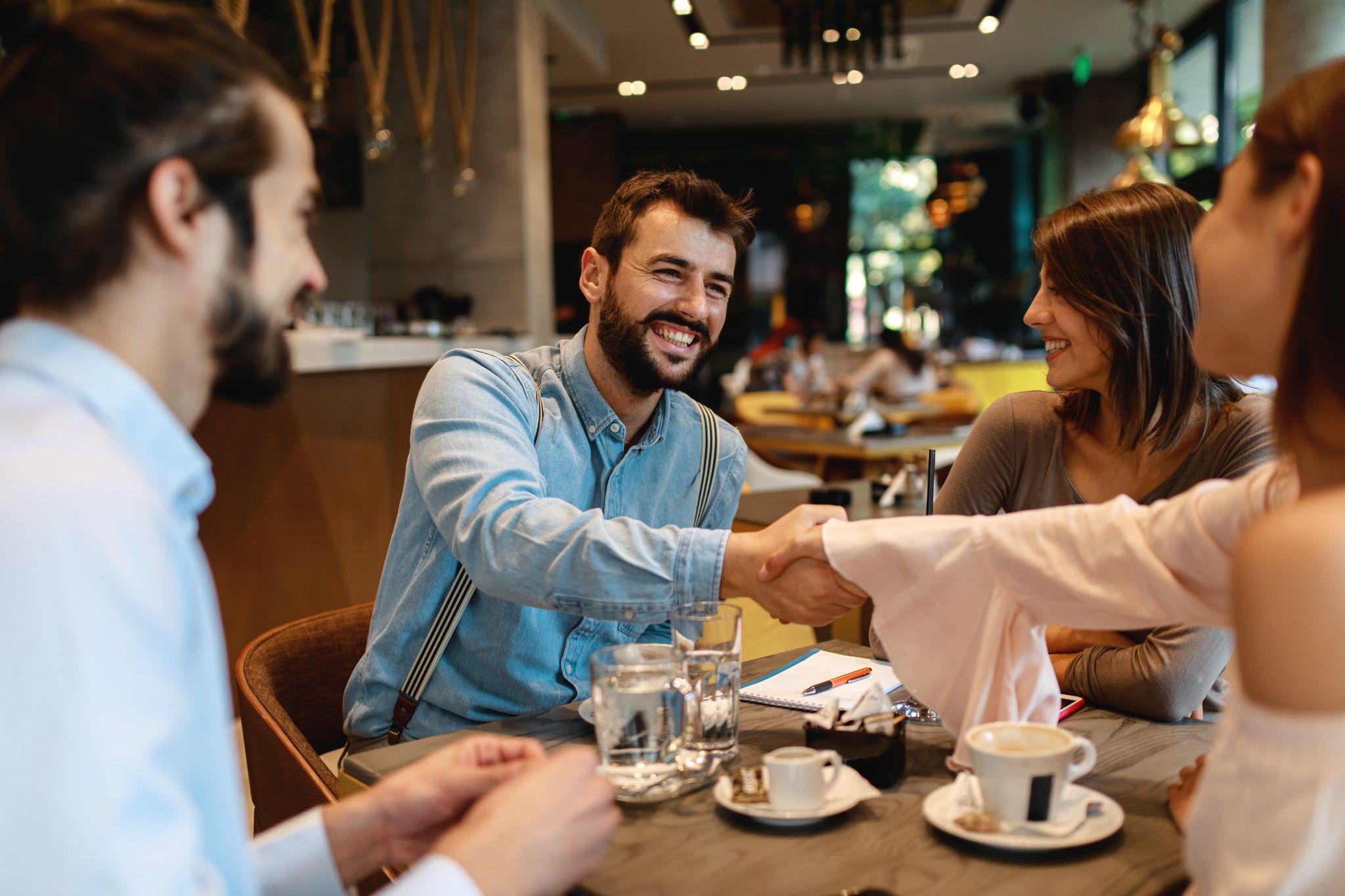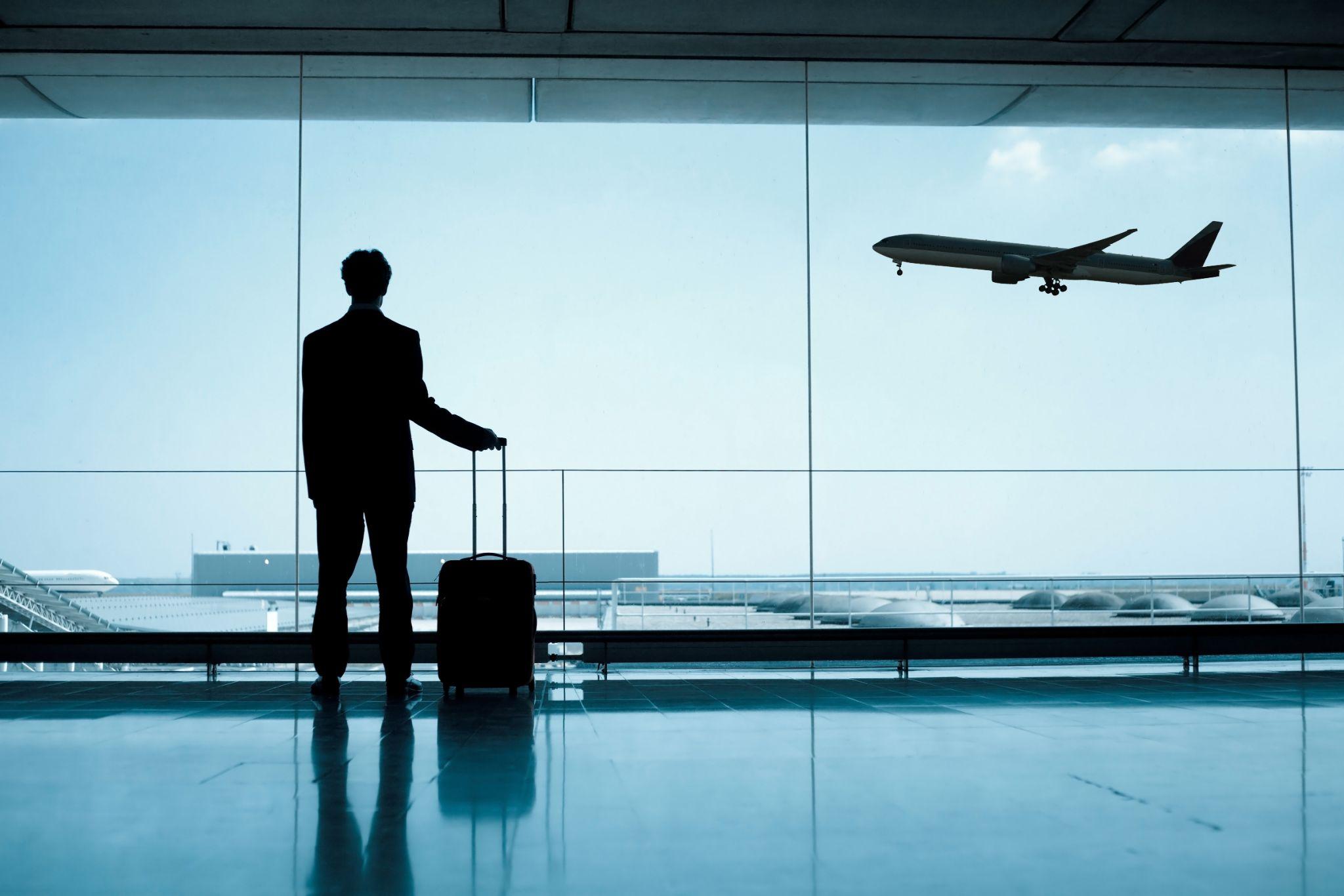Traveling for business often comes with its unique set of challenges, especially for those committed to a sober lifestyle. The constant changes in environment, the social pressures of networking events, and the presence of alcohol at business dinners can all pose significant threats to one’s sobriety.
At Lumina Recovery, we aim to equip those struggling with practical tips and strategies for safe, sober travels. Whether you or a loved one wants to know how to stay sober while traveling, understanding your options is the first step.
1. Planning Ahead
Effective planning is essential in maintaining sobriety and not drinking on business trips. Begin by investigating your destination to identify local resources for support. Look for AA or other sobriety support group meetings in the area.
Additionally, plan your travel itinerary to include healthy activities like visiting a gym or a park. Knowing your schedule and the environment in advance can help you avoid unexpected triggers. If your trip involves dining out, check restaurant menus online to ensure there are appetizing non-alcoholic beverage options that will make you feel included in the social aspect of meals.
2. Setting Clear Boundaries
It’s crucial to establish boundaries and what you are comfortable with before you travel sober. Determine which events are essential and which ones you can skip. Practice ways to politely decline alcohol without feeling awkward or singled out.
If attending a gathering where alcohol is unavoidable, plan an exit strategy in case you feel uncomfortable. Having a colleague who understands your commitment to sobriety can be immensely helpful, as they can help steer group activities towards more inclusive options or provide support in difficult situations.
3. Choosing Accommodations Wisely
The environment where you stay can greatly influence your sober travel. When booking accommodations, look for hotels that promote a more serene atmosphere, such as those without a bar or nightclub on the premises.
Some hotels even cater specifically to health-conscious travelers, offering amenities like in-room fitness equipment, healthy meal options, and relaxation tools such as yoga mats. Checking reviews or calling ahead to ask about their support for guests pursuing a sober lifestyle can also be beneficial.
4. Packing Your Essentials
In addition to your usual travel essentials, pack items that help support your sobriety. This might include:
- Books or e-books on sobriety or personal growth that you find encouraging.
- Photos of friends, family, and loved ones can motivate one to focus on recovery and provide comfort.
- Non-alcoholic beverages such as specialty teas or coffees can be a treat in your hotel room and at meetings.
5. Embracing Technology
Utilize technology is a sober travel solution that keeps your recovery support close at hand. Several apps are designed to assist with sobriety by tracking your sober days, connecting you with community support, or even providing daily motivational quotes and meditations.
Apps like I Am Sober or Twenty-Four Hours a Day can offer both tracking and community features. Additionally, consider setting reminders on your phone for daily affirmations or to take breaks regularly, which can help manage stress and maintain mental clarity during your travels.
6. Scheduling Downtime
Business travel can often be hectic, but it’s crucial to carve out periods of rest to recharge both physically and mentally. Plan for quiet time in your schedule, whether it’s taking a short walk in the morning, practicing yoga in your hotel room, or simply reading a book in a calm spot. Utilize hotel amenities like a spa or sauna to relax and destress.
Prioritizing downtime is not just about resting but also about creating opportunities to engage in sober activities that nurture your well-being and reaffirm your commitment to sobriety.
7. Navigating Networking Events
Networking events are typically laden with opportunities to drink. Here are some strategies to handle such events:
- Carry a non-alcoholic drink: Always have a non-alcoholic beverage in your hand. This not only helps avoid questions about why you aren’t drinking but also physically occupies your hands and makes you feel part of the celebration.
- Buddy system: If possible, team up with another sober colleague or a supportive friend who will be at the event.
- Focus on networking: Redirect the focus from drinking to engaging in meaningful conversations. Prepare some questions and topics in advance to keep conversations flowing.
- Know your exit strategy: If you feel uncomfortable, have a polite exit strategy planned. This could be as simple as needing to make an important phone call or an early morning meeting.

8. Communicating Your Needs
If the preset itinerary is heavily focused on alcohol-centric activities, communicate your needs to the organizer discreetly and professionally. You can suggest alternative activities that are less focused on alcohol but equally engaging, such as team-building exercises or a group tour of a local attraction.
Open communication about your sobriety needs not only supports your own recovery but can also influence more inclusive planning for future corporate events.
9. Finding Alternative Activities
Actively seek out or propose alternatives to typical alcohol-driven socializing events:
- Morning meetings over coffee: These can replace late-night bar meetings and also tend to be more productive.
- Group activities: Suggest group activities that don’t revolve around drinking, such as visiting a landmark, attending a sports event, or participating in a volunteer activity.
- Dine at restaurants known for their food, not their bar: When dinners are involved, suggest restaurants renowned for their cuisine rather than their cocktails, making the meal the highlight.
10. Reflecting on Your Journey
End each day by reflecting on your journey and reaffirming your commitment to sobriety:
- Journal: Write down the successes of the day, how you navigated challenges, and any feelings or thoughts that arose. This not only serves as a record of your resilience but can also help in identifying triggers and preparing strategies to deal with them.
- Celebrate small victories: Each event you navigate soberly is a victory. Acknowledge and celebrate these to build confidence.
- Connect with your support network: Check in with your support group or a trusted friend to discuss your day. This connection can reinforce your sense of community and commitment.
Take Charge of Your Sobriety on the Road With Lumina Recovery
Traveling for business while maintaining a sober lifestyle is undoubtedly challenging, but with the right preparation and mindset, it is entirely achievable. By planning ahead, setting clear boundaries, and utilizing available resources, you can protect your sobriety and still enjoy a successful and rewarding professional life on the road.
Lumina Recovery’s specialized program for business executives is designed to help you or your loved one handle all aspects of life and work including travel.
Get in touch with our team to navigate business travel with confidence and maintain your journey of sobriety.



